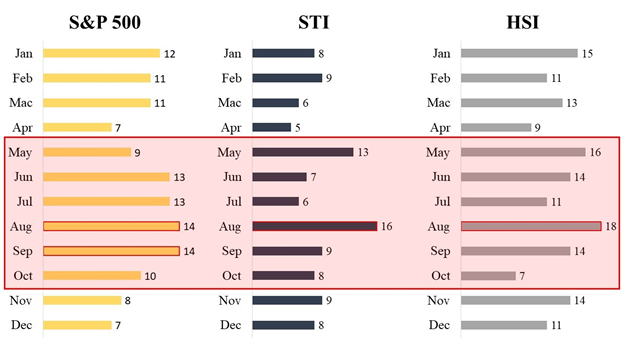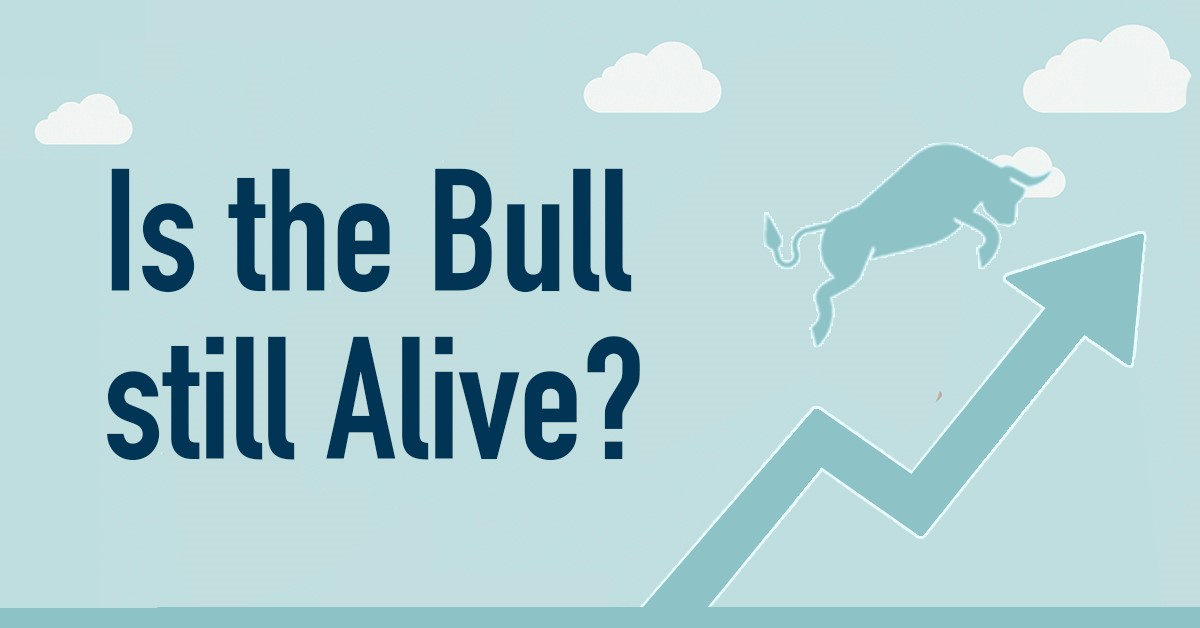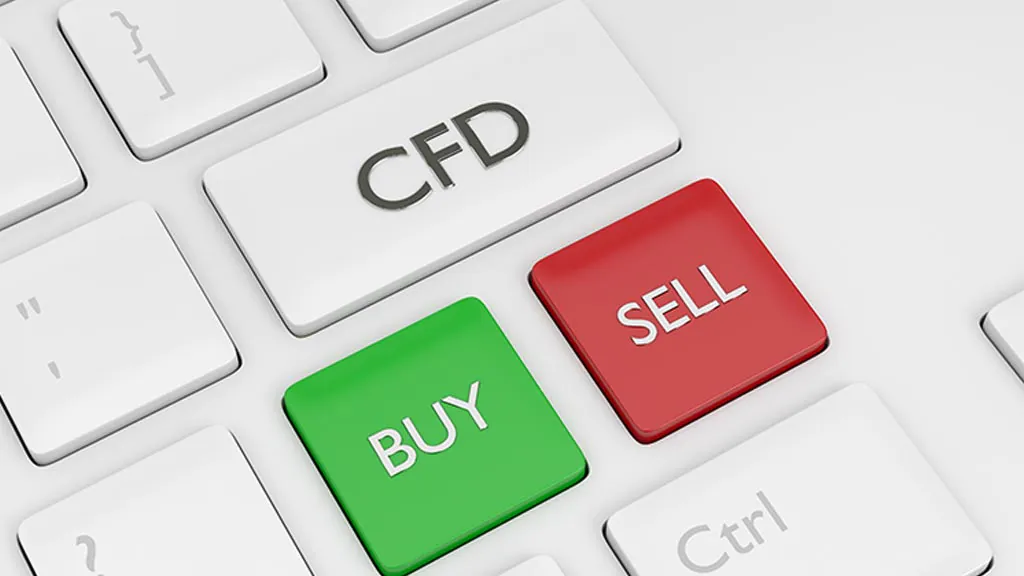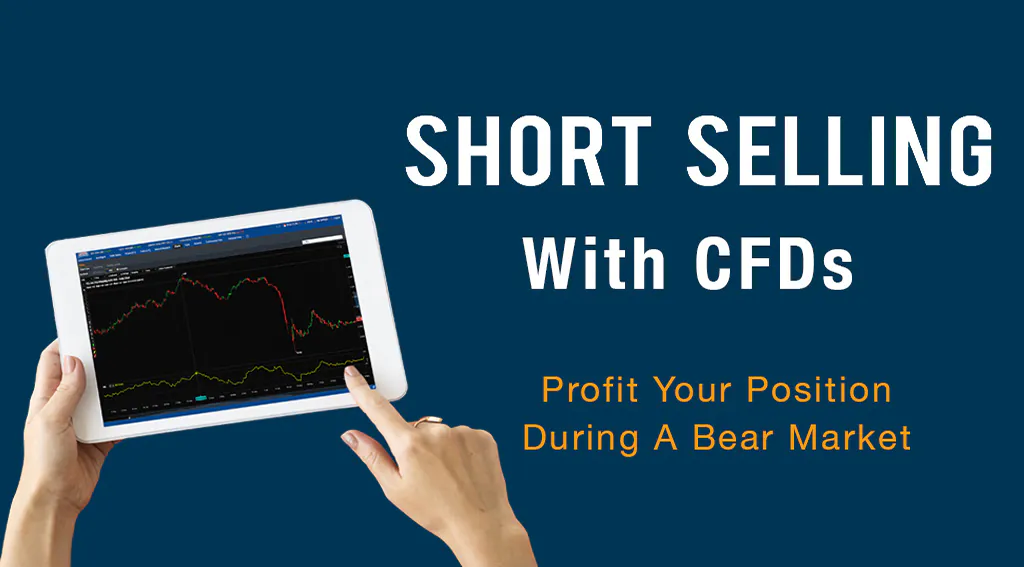Did you sell in May?
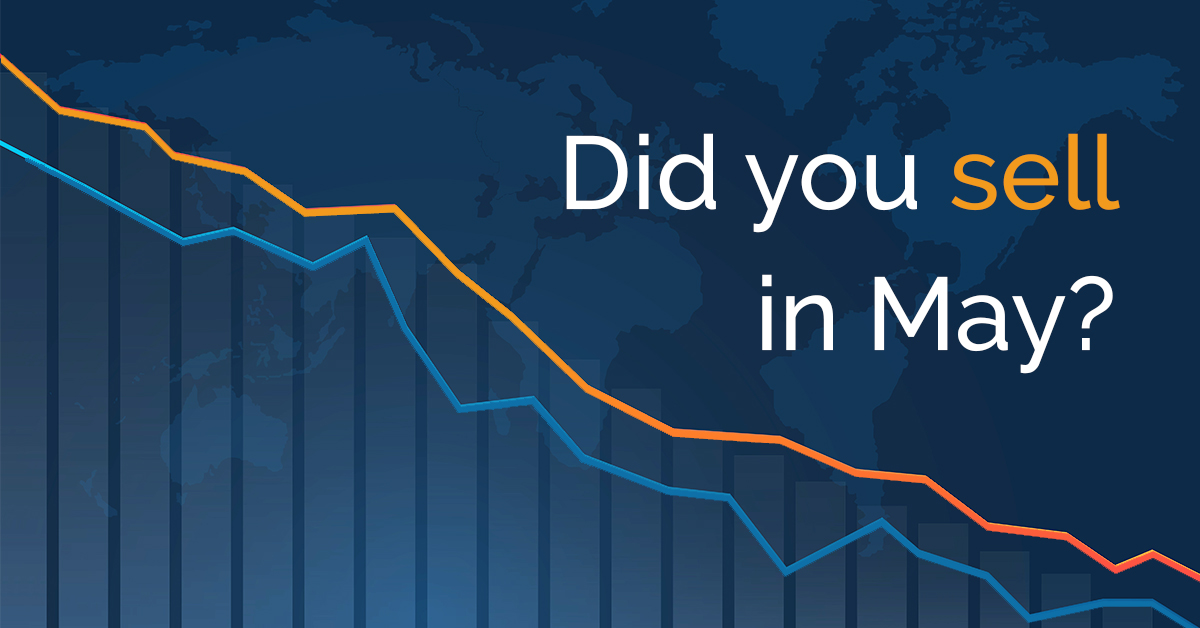
Published On: 30 June 2020 | 5:00 PM
Lee Yong Shern, CFD Dealer
Yong Shern is a passionate Contracts for Difference (CFD) dealer who has always aspired to discover trading opportunities using a blend of different research methodologies. Prior to joining PhillipCapital, he was an intraday equity trader in one of the top brokerage firms in Malaysia. He graduated with First Class Honours in Business Administration with a major in Banking and Finance from the University of Malaya. Yong Shern is experienced in both trading and research in various financial products. These products include equities, indices, commodities, forex trading. He has successfully crafted trading strategies to navigate this volatile oil environment.
In his free time, Yong Shern enjoys following the latest market news with the aim of helping clients navigate through various market conditions.
Well, if you want to be successful, you should study history, because history will teach you that things are always changing. Everything you know today is not going to be true in 15 years, which is an extremely important lesson to learn, because most people get up every day and think that whatever is going on is the way the world is and always will be.
Jim Rogers; Co-Founder of the Quantum Fund
Did you sell in May? With the benefit of hindsight, I sure hope you did not! Through the span of May, we saw a 4.5% recovery in S&P 500 Index which softly validated the thesis that the market is going to experience a V-shaped recovery. As of writing on 23 June 2020, the NASDAQ crossed above 10,000 points for the first time ever!
What does “Sell in May and Go Away” (#SIMAGA) mean actually? #SIMAGA suggests that markets tend to underperform during this half of the year as compared to the six-month period starting from November to April of the following year.
In this article, we will make use of historical data to investigate this phenomenon and why #SIMAGA matters to you. Lastly, we will be sharing with you how you can utilise CFDs during such volatile times.
Without further ado, let us present our findings!
Performance Data for Major Indices (May to October 1990 to 2020)
Average Return Month-on-Month (MoM) from May to October and November to April from 1990 to 2019
| S&P 500 | Straits Times Index (STI) (from 1999) |
HangSeng Index (HSI) | |
| Average MoM Return (1990 to 2019) |
0.70% | 0.24% | 0.88% |
| Average MoM Return – May to October | 0.31% | -0.34% | 0.63% |
| Average MoM Return – November to April | 1.08% | 0.72% | 1.04% |
| Worst Average Return Month | August | August | August |
| Best Average Return Month | April | April | October |
Figure 1
Number of Negative MoM Returns for each Month (1990 to 2019)
Figure 2
Lo and behold, the #SIMAGA hypothesis prevailed!
The average returns from May to Oct 1990 to 2020 presented in Figure 1 were indeed lower for the 3 indices we studied in Figure 2 which presented similar findings too. When taking data from 1990 to 2019, May to October were the months with the most negative returns.
Coincidentally, many of the events that caused a spike in volatility (listed below) happened during the periods from May to October.
Example of such events include:
- Wall Street Crash 1929
- Black Monday 1987
- Global Financial Crisis 2008
- 2011 and 2015 Stock Markets selloff
[1][2]
Analysis
In order to see how a potential crisis is played out, it is always ideal to study past crises and events. Based on the historical data analysed, the periods from May to October under-performed when compared to the periods from November to April.
However, in our opinion, the COVID-19 pandemic is an unprecedented global crisis.
Why do we say so?
The U.S. subprime crisis of 2008-2009 was a U.S.-centric crisis which primarily involved the U.S. housing market and the U.S. financial system. This damage subsequently spilled over to the European Banks. At that point in time, Asian banks had little or no exposure to the subprime market, credit default swaps or mortgaged backed securities. The crisis affected Asian countries that borrowed heavily in USD. Therefore, not all countries in Asia were affected.
In Q1 2020, the COVID-19 pandemic triggered unusually high volatility in the financial markets. Governments and Central banks around the world have been taking drastic measures to revitalise the economy.
Locally, the Singapore Government introduced 4 four budgets, dedicating a total of S$92.9 billion, approximately 20% of GDP to assist local businesses and individuals to weather through the COVID-19 crisis. The latest S$33 billion Fortitude budget is aimed to help businesses and individuals to adapt and build resilience during the pandemic [3].
In U.S., the Government introduced a stimulus package through the Coronavirus Aid, Relief, and Economic Security (CARES) Act. This is the largest-ever economic stimulus package in U.S. history, amounting to more than US$2 trillion in economic relief. This act aims to assist workers, families, businesses as well as preserve jobs. [4] The US Fed also announced unlimited Quantitative Easing (QE) for the first time in history and lowered interest rates to 0% -0.25% level [5]. Furthermore, with U.S. president Donald Trump seeking re-election, the Trump administration will strive to keep the economy growing to strengthen their support base.
The steep sell-off in March 2020 may have already priced in most of the negative market sentiment. The stock market may recover in stages under the assistance of various monetary and quantitative easing policies. Therefore, the “Sell in May and Go Away” slogan may not hold in 2020, as most markets are currently in recovery mode.
What can you do?
Truth be told, this pandemic has created an environment of great uncertainty. No one truly knows how the growing tensions between the U.S. and China will play out. However, whether you believe in a V-shaped recovery or further worsening of the economy, we believe that Contracts for Differences (CFDs) have a part to play in your investment arsenal.
Will the next crash come?
If you believe the worst is yet to come and that information has not been factored into certain markets/counters, you may consider using CFDs to short sell!
CFDs are commonly used by investors who prefer shorting the market via stocks/indices. Most markets generally impose restrictions on short selling for stocks. Furthermore, it is inconvenient to initiate a short position in the cash equity market. In such situations, the investor would have to check with their broker on the availability of the share for borrowing before initiating the short trade, and subsequently inform the broker again to return the borrowed share after they have bought back the shares.
However, you can circumvent this issue by using CFDs. All you need to do is focus on what you want to short and place your trades!
Fun Fact: We offer more than 5,000 global counters for short selling!
How do we find counters to short sell?
We focus on companies with one or all of the given conditions:
1) Companies caught between the crossfire of the intensifying U.S.-China trade war.
2) Companies with highly leveraged and weak balance sheets with low probabilities of recurring earnings in the near future.
3) Companies whose bulk earnings are derived from the travel, hospitality and retail sectors.
Hedge your Portfolio against rising Global uncertainties?
Contrary to popular opinion, Contracts for Differences (CFDs) are not just for technical traders. Long term investors can utilise CFDs to hedge their positions against unforeseen events and uncertainties. When one foresees rising uncertainty and volatility in the market, the investor can enter into a CFD contract to hedge their positions.
One can use CFDs as a hedge in the following two possible scenarios:
1) When the price of your existing positions has already moved/is moving against you.
2) When you anticipate future gains in your existing positions to be marginal due to an increasingly negative market sentiment.
One can look into assets that are historically uncorrelated with equities, such as precious metals and Japanese Yen (JPY). For a detailed description on how to hedge your exposure, check out our article here.
Conclusion
Based on the latest macroeconomic data, the future does not look rosy. There have been numerous queries on whether it would be a better option to liquidate holdings due to the recent stock market rise and pick them up later when the market recovers. However, there are many uncertainties in the global economy and financial markets at the moment to see how far the stock market will decline or whether the recent V-shaped recovery is not a dead cat bounce.
As quoted by investing legend Peter Lynch, “Far more money has been lost by investors preparing for corrections, or trying to anticipate corrections.” In our opinion, it would be better to time the market based on valuations and not on news flows. We sincerely hope that you have found value in this article, be sure to check out our other articles and the courses that we offer. Till next time!
Till next time folks!
Begin your CFD Trading Journey with us!
References:
[1] https://www.bls.gov/news.release/pdf/empsit.pdf
[2] https://www.forbes.com/sites/sergeiklebnikov/2020/03/10/heres-when-the-stock-market-will-recover-according-to-historical-sell-offs/#1417526856d8
[3] https://www.theedgesingapore.com/news/covid-19-fortitude-budget/fourth-fortitude-budget-singapore-emerges-circuit-breaker
[4] https://home.treasury.gov/policy-issues/cares
[5] https://www.bloomberg.com/news/articles/2020-03-23/fed-signals-unlimited-qe-adds-aid-for-companies-municipalities
More Articles
Is the Bull Alive?
What is the current state of the market now after the recent market crash? What are the typical stages of a stock market? Read on for our analysis!
Understanding Contracts for Difference (CFD)
“What is CFD?” might be a question that has popped up into the minds of those that just recently got acquainted with the concept of investments.
Short Selling with CFDs! Profit Your Position
If you have never attempted short-selling before, maybe it is time to start as you are losing out on 50% of the opportunities in the market. Let us take a look at some reasons to short-sell!
Disclaimer
This material is provided to you for general information only and does not constitute a recommendation, an offer or solicitation to buy or sell the investment product mentioned. It does not have any regard to your specific investment objectives, financial situation or any of your particular needs. Accordingly, no warranty whatsoever is given and not liability whatsoever is accepted for any loss arising whether directly or indirectly as a result of your acting based on this information.
Investments are subject to investment risks. The risk of loss in leveraged trading can be substantial. You may sustain losses in excess of your initial funds and may be called upon to deposit additional margin funds at short notice. If the required funds are not provided within the prescribed time, your positions may be liquidated. The resulting deficits in your account are subject to penalty charges. The value of investments denominated in foreign currencies may diminish or increase due to changes in the rates of exchange. You should also be aware of the commissions and finance costs involved in trading leveraged products. This product may not be suitable for clients whose investment objective is preservation of capital and/or whose risk tolerance is low. Clients are advised to understand the nature and risks involved in margin trading.
You may wish to obtain advice from a qualified financial adviser, pursuant to a separate engagement, before making a commitment to purchase any of the investment products mentioned herein. In the event that you choose not to obtain advice from a qualified financial adviser, you should assess and consider whether the investment product is suitable for you before proceeding to invest and we do not offer any advice in this regard unless mandated to do so by way of a separate engagement. You are advised to read the trading account Terms & Conditions and Risk Disclosure Statement (available online at www.poems.com.sg) before trading in this product.
Any CFD offered is not approved or endorsed by the issuer or originator of the underlying securities and the issuer or originator is not privy to the CFD contract. This advertisement has not been reviewed by the Monetary Authority of Singapore (MAS).





